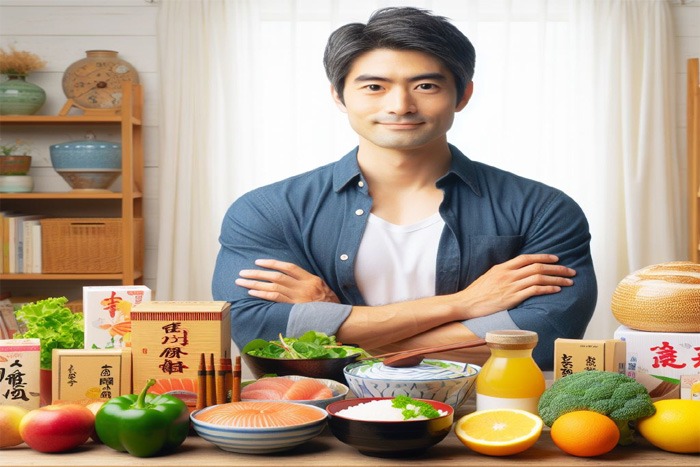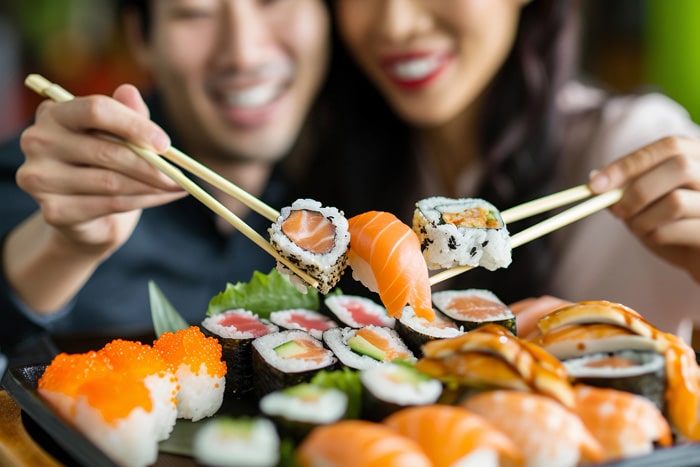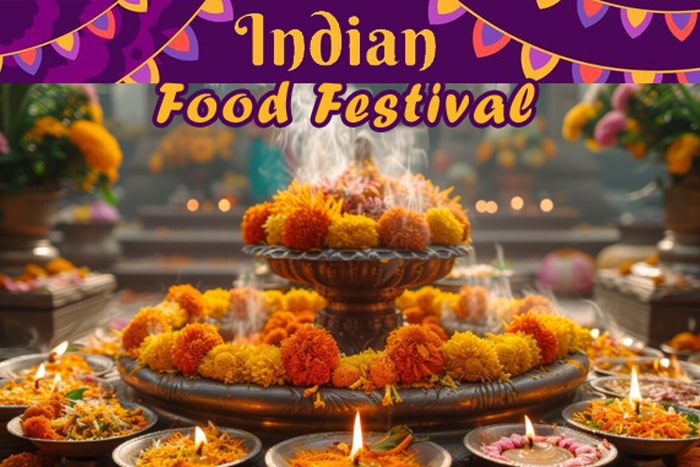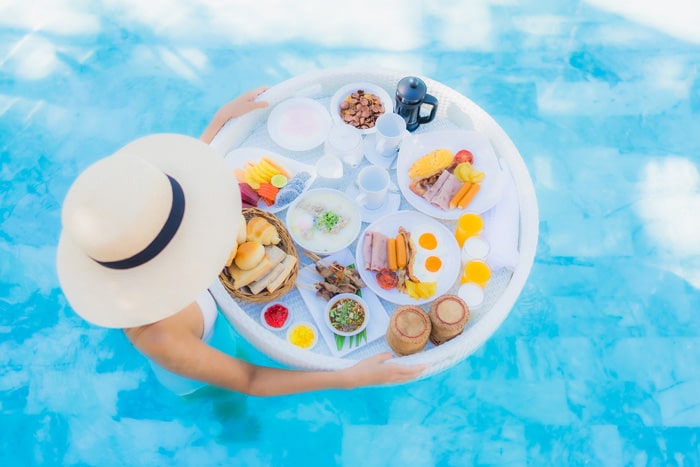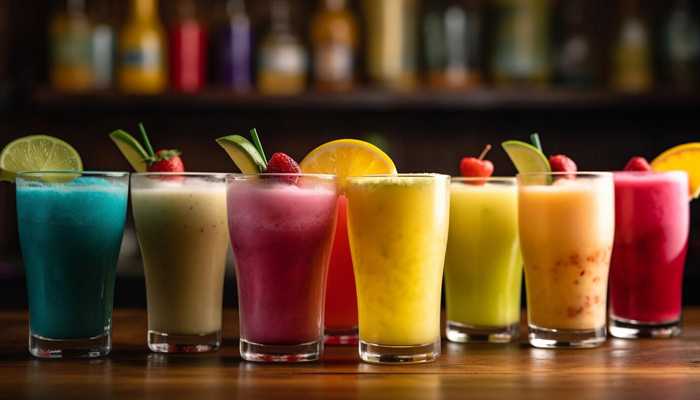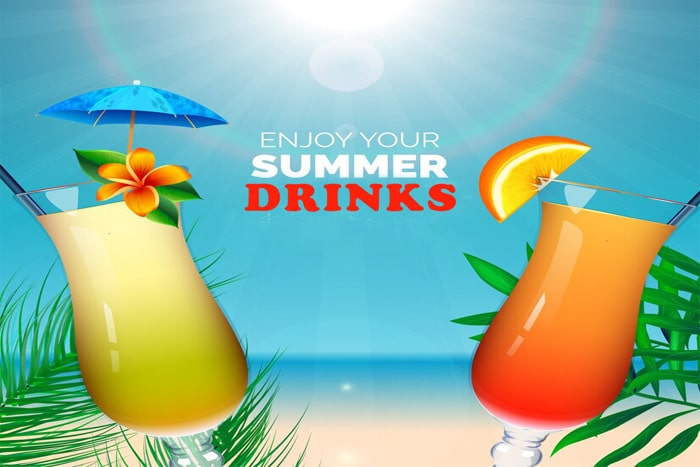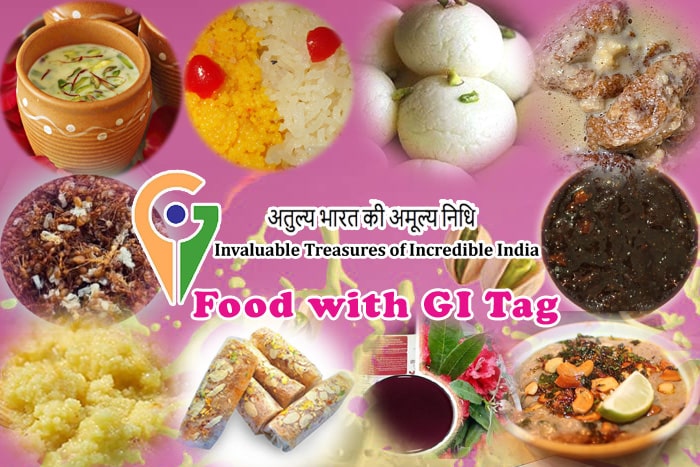Japan's Secret to Long Life: Food and Habits
Ikigai and Japanese food habits for long life have been a long-discussed matter since the 1960’s of the last century. People in Japan tend to live a long time—longer than almost any race in this world. There are a few reasons for this.
The first and foremost reason is the Japanese food habit. They eat lots of fish, veggies, and fermented things like pickles and natto (sticky beans). These foods are good for your health.
Another reason is how they eat. They don’t stuff themselves. They take their time, enjoy their meals, and stop when they’re mostly (80%) full. This helps them stay healthy. This is part of their Ikigai lifestyle. Here’s the gist of the Ikigai food habit:
- Great Food: They eat lots of healthy things like fish, veggies, and fermented foods (like yogurt!).
- Smart Portions: They don’t overeat. They stop eating when they feel mostly full, not stuffed.
- Mindful Munching: They take their time and enjoy their food.
- Balanced Bites: They eat a variety of healthy things to keep their bodies happy.
The Ikigai Diet: Eating for a Long and Fulfilling Life
In this fast-paced world filled with stress and uncertainty, finding happiness and longevity can seem like an elusive dream. It is tough to feel happy and healthy all the time.
But there is a cool idea from Japan that can help you live a longer and more meaningful life. This article explores the fascinating tradition of Ikigai and its profound impact on longevity and well-being.
The Land of the Rising Sun boasts some of the world’s longest lifespans, and a big part of that can be attributed to this concept.
Ikigai goes beyond just food; it’s a philosophy centered on finding your life’s purpose. But food plays a vital role in this philosophy. Traditional Japanese meals include Ikigai principles, which promote a lifestyle that nourishes both the body and the soul.
The Origin of Ikigai: The land of immortals
Ikigai originates from the Japanese island of Okinawa, known for its high life expectancy and healthy lifestyle practices. This island is situated at the southern end of Japan. It has historically been known for the longevity of the people living here.
The island is also known as “the land of immortals.” People who are native to Okinawa have almost zero cancer, less heart disease and less dementia than people on other continents. Especially, women here live longer than any women on the planet.
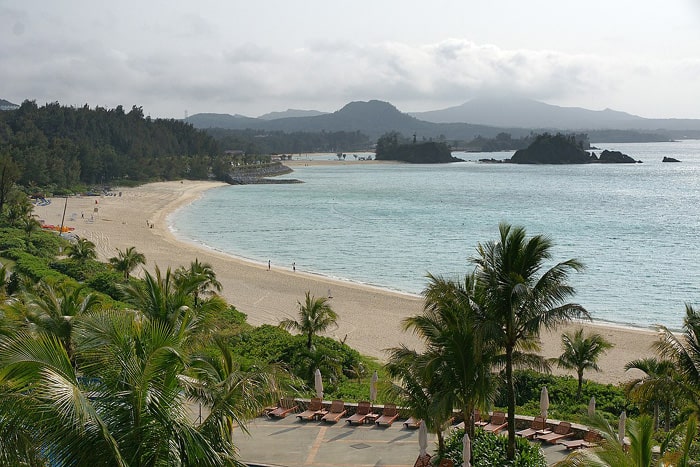
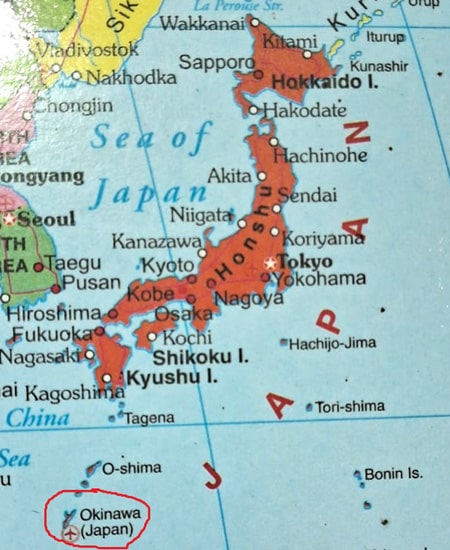
The person behind Ikigai
Though ikigai has long been a part of Japanese culture, researcher and psychiatrist Mieko Kamiya popularised the idea in 1966 in her book “Ikigai-ni-Tsuite,” which means “On the Meaning of Life.” Though the book has not yet been translated into English or any other language, some enthusiasts reveal the idea and life of Mieko Kamiya, from which people around the world get familiar with this amazing method and principle towards life and food habits for a long life.
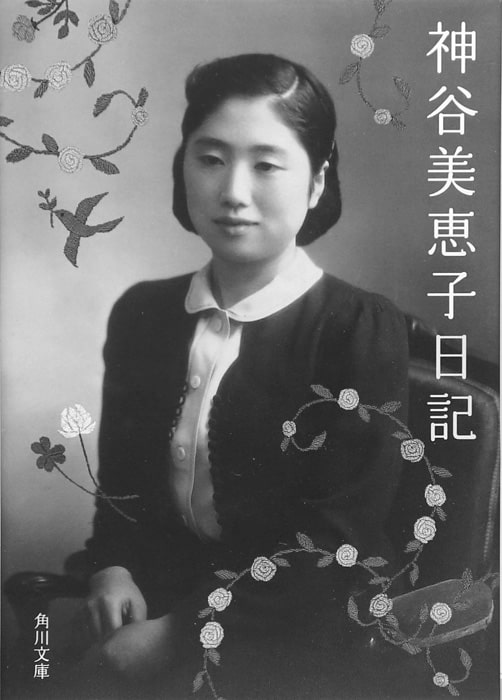
Understanding Ikigai: What Is It?
Basically, Ikigai represents the intersection of four elements:
- What you love: your passion or subject of interest.
- What you are good at: your skill and efficiency.
- What the world needs from you: your act of service to the world.
- What you can be paid for: your ability to work hard and your intellectual property.
It is the sweet logical summation of passion, mission, vocation, and profession. That is combined to lead to a sense of meaningful life that can bring self-contentment and true satisfaction.
Usually, we humans go with the flow, whether we like it or not. We may like to play football, but due to family pressure, I had to study engineering. Engineering is a trend right now, and it has lots of demand. But I don’t love engineering. In this way, I lost my game and could not become a good engineer.
Again, it turns out that when I am a good machinist, I am forced to work in a pathological laboratory. In this way, we cannot concentrate on my work and cannot give any output to society.
This is where IKigai looks for alternatives and helps guide life in the right direction. Ikigai can be described as “a motivating force; something or someone that gives a person a sense of purpose or a reason for living.” More generally, it refers to something that brings pleasure or fulfilment. In short, Ikigai teaches us to live a purposeful life.
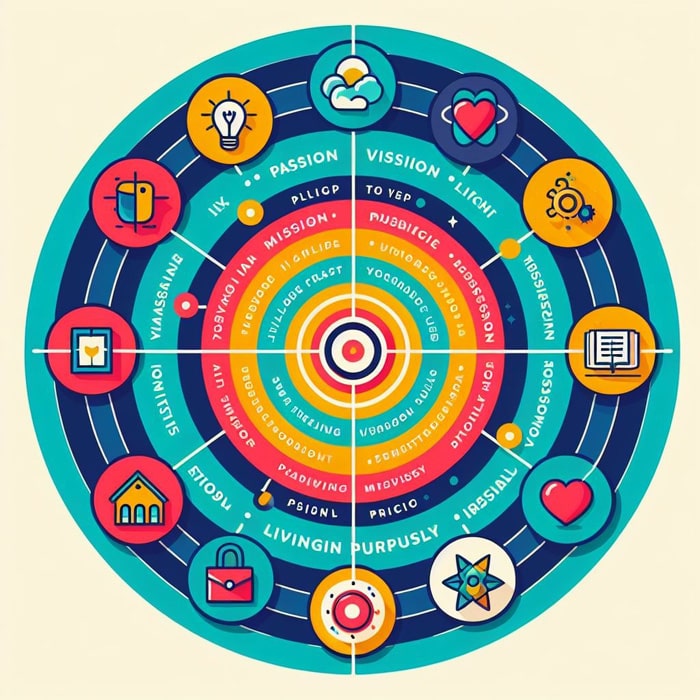
Types of food in Ikigai diet
As discussed earlier, Ikigai is a philosophy centered on finding our life’s purpose, and food plays a vital role in this philosophy. But there’s no single “Ikigai diet.” Japanese centenarians tend to share some common dietary food habits for a long life, such as:
- Plant-Based Powerhouse: Fruits, vegetables, and whole grains form the base of the Ikigai plate. Colorful stir-fries, miso soup brimming with seaweed and tofu, and perfectly cooked rice.
- Seafood, Not Red Meat: Fish is regularly consumed for its essential omega-3 fatty acid content. Red meat consumption is kept to a minimum.
- Soy Sensations: Soybeans, packed with protein and good fats, are a staple in the form of tofu, natto (fermented soybeans), and miso paste.
- Fermented Feasts: Fermented foods like kimchi and natto are placed in abundance, which promotes gut health, and overall well-being.
- Hara Hachi Bu, The 80% Rule: Ikigai emphasizes mindful eating. People stop eating when they are 80% full, avoiding overindulgence.
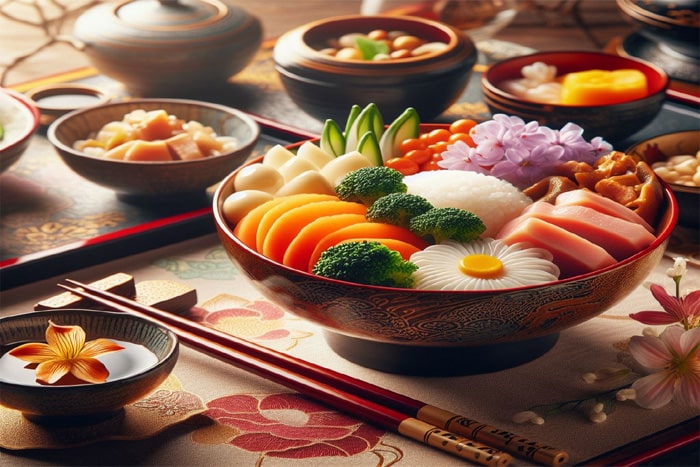
Conclusion
The Japanese approach to food, intrinsically linked with the concept of Ikigai, isn’t about rigid rules or calorie counting. Rather, it’s a whole philosophy that takes care of both your body and your mind.
It’s about finding happiness in fresh, basic foods. It’s about showing respect for the different times of the year and enjoying meals with the people you love.
Even though life today can be tough, we can learn from the Japanese. We can go to local markets to buy fruits and veggies that are in season. We can try out new recipes that are made from plants. We can make cooking a peaceful activity. And we can invite our friends and family to join us for meals, making eating together a time to connect, not just for sustenance.
Remember, Ikigai isn’t about being perfect. It’s about making small, lasting changes. Adding a bit more veggies to your plate or taking a moment to enjoy each bite can help you have a healthier, happier relationship with food. Each step you take is like an investment in a good life – a life full of meaning and the simple joys that come from eating with Ikigai in mind.
FAQ
This philosophy for life originates from the Japanese island of Okinawa, known for its high life expectancy and healthy lifestyle practices.
Yes, this principle extends beyond a career and can be applied to hobbies, relationships, and personal development.
Self-reflection, introspection, and experimentation are key to uncovering your Ikigai. Explore your passions, values, and talents to find what brings you joy and fulfillment.
Though Ikigai has its roots in Japanese culture, its principles are universal and can be adapted to any cultural context.
Yes, embracing Ikigai can lead to improved mental health by providing a sense of purpose, fulfillment, and connection to others.
Start gradually. Use smaller plates and bowls to trick your eyes. Pause mid-meal to assess your hunger level. You might be surprised how quickly you feel satisfied!
Start with simple staples! Miso soup is surprisingly easy. Explore beginner-friendly recipes online or invest in a Japanese cookbook focused on home cooking.
Absolutely! Focus on other omega-3 sources like walnuts, flaxseeds, and chia seeds. Continue to prioritize plant-based protein sources like beans, lentils, and tofu.
Definitely! Ikigai is about balance and joy. Mindful indulgence is key. Savor small portions of your favorite treats rather than viewing them as forbidden.
Of course! The heart of this philosophy is about fresh, whole foods, variety, and mindful eating. Apply these concepts to your favorite dishes, focusing on seasonal ingredients and savoring the eating experience.

